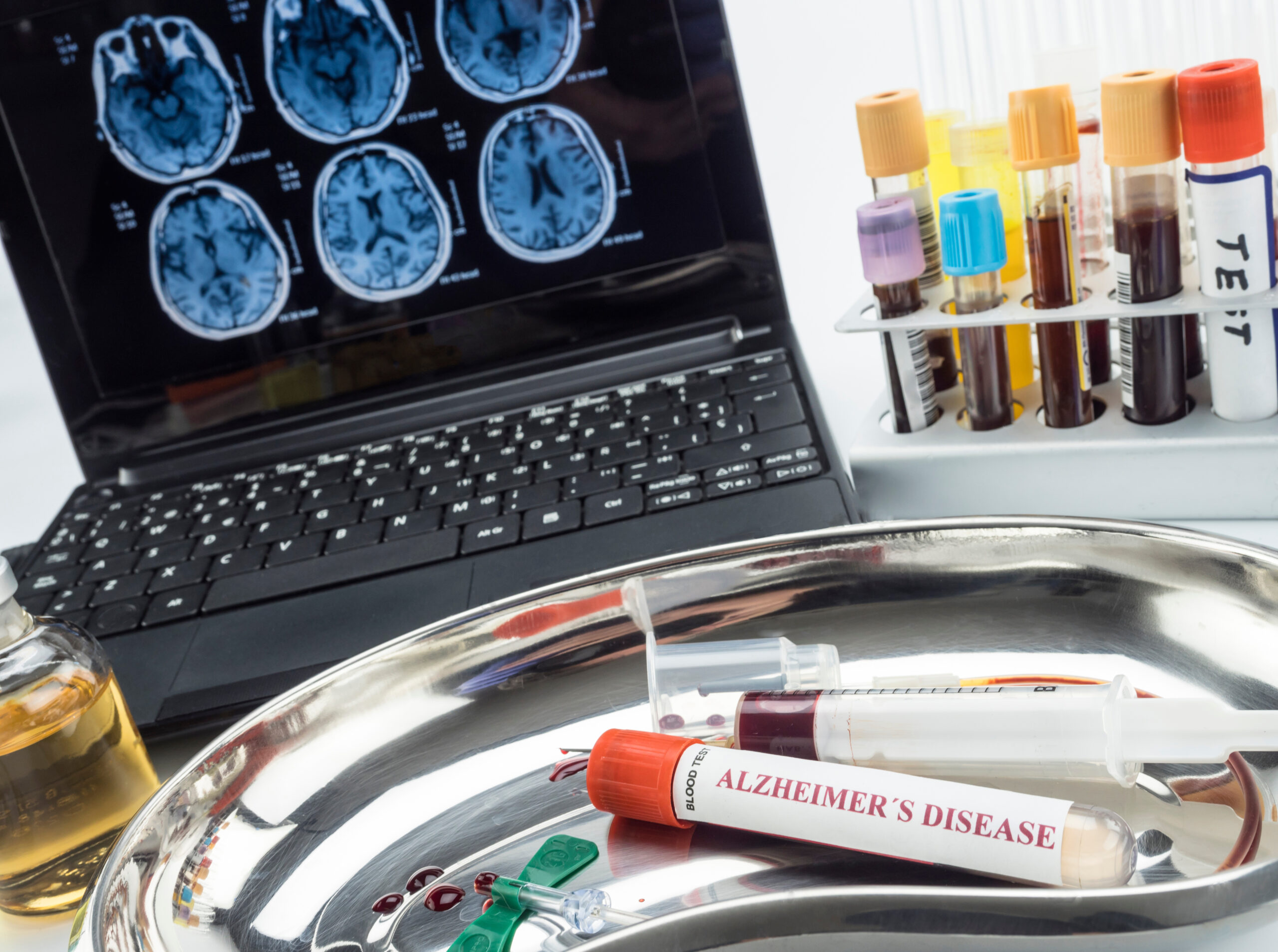How water intake influences aging
Water plays a quiet but powerful role in how our bodies age. As we grow older, the way water affects us changes, and staying well-hydrated becomes more important than ever.
One of the key ways water influences aging is by supporting energy levels. When older adults don’t drink enough fluids, even mild dehydration can cause fatigue and weakness. This happens because water helps maintain blood volume and ensures oxygen gets transported efficiently throughout the body. Without enough water, seniors may feel more sluggish and less able to stay active.
Cognitive function also depends heavily on hydration. The brain needs adequate fluids to work clearly and concentrate well. Dehydration can lead to confusion or memory problems, especially in older people who might already face challenges like dementia or cognitive decline. Drinking enough water helps keep the mind sharper and more focused.
Water intake also impacts body composition as we age. Studies show that higher consumption of water is linked with lower fat mass in different parts of the body while helping preserve lean muscle mass in older women specifically. Maintaining muscle is crucial for mobility, strength, and overall health during aging.
Another important aspect is digestion—water aids proper digestion by softening stool and preventing constipation, which tends to be a common issue among seniors due to slower digestive systems or medications they might take.
Skin health reflects hydration too; not drinking enough leads to dryness and inflammation that speed up visible signs of aging like wrinkles or rough texture on skin surfaces.
In essence, drinking sufficient clean water supports many vital functions: it fuels energy production; keeps your brain alert; helps maintain healthy muscles versus fat balance; promotes smooth digestion; and preserves youthful skin quality—all factors that influence how gracefully one ages over time.
So while it’s easy to overlook something as simple as drinking enough fluids daily, its effects ripple through nearly every part of our bodies—making hydration a cornerstone for healthier aging lives filled with vitality rather than decline.





